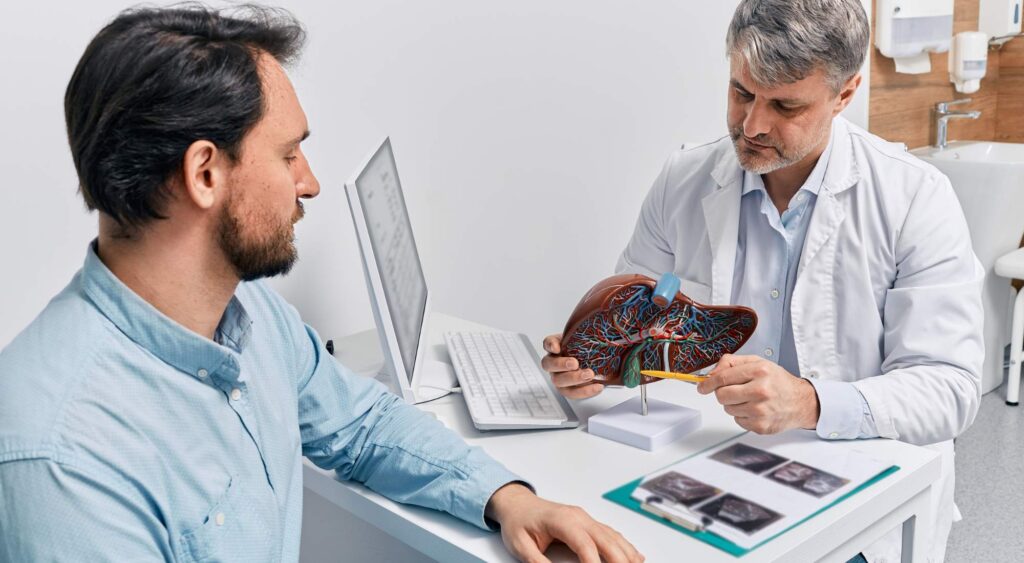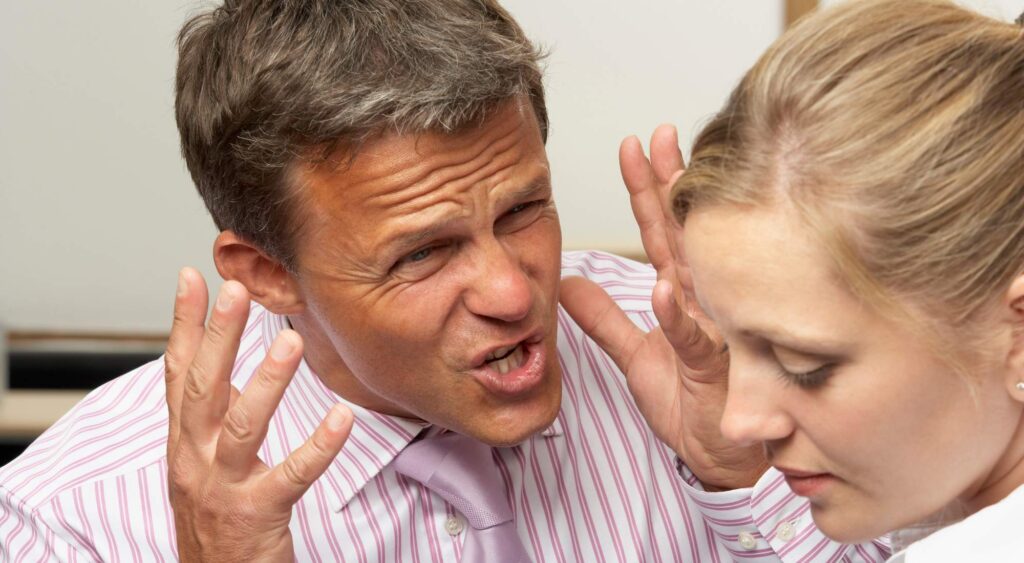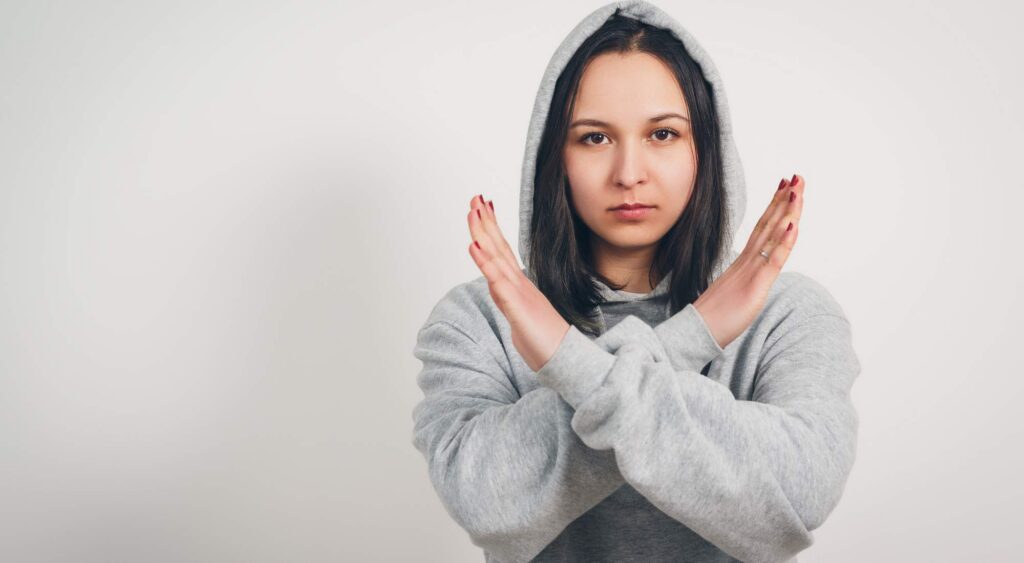Understanding Behavioral Health and How it Differs from Mental Health
Behavioral health describes the relationship between the health and well-being of the mind and body. This encompasses a wide range of areas – everything from eating habits and drinking habits to exercise and relationships. Mental health, on the other hand, is one aspect of behavioral health. It is a state of mental well-being that affects how we think, feel and act.
When you seek behavioral health services from a recovery center like Recovery Cove, you will receive targeted services to help you live a healthier life. Some clients may need help with substance use, while another may need help managing bipolar depression. The issues you are facing will determine which behavioral health services you need.
What Does Behavioral Health Treatment Entail?
Good behavioral health means engaging in behaviors that promote a healthy lifestyle, such as exercising, eating a healthy diet, getting restful sleep and practicing good coping skills. Therefore, behavioral health treatment centers focus on improving your daily habits, behaviors and actions.
For example, if you are struggling with depression and alcohol, you can treat both of these disorders at our behavioral health treatment centers in Lehigh Valley. We are equipped to diagnose and treat substance use and mental health disorders while also instilling healthy habits and coping strategies.
Behavioral therapy, in particular, is a type of therapy that treats mental health disorders. It’s based on the idea that all behaviors can be changed – you are not permanently ‘stuck’ with them. Behavioral therapies identify harmful behaviors like drinking or drug use, why you are using them and how to replace them with healthier habits like exercise and hobbies.
Common Types of Behavioral Therapies
There are many different types of behavioral therapies. Your personalized treatment plan will include recommendations for therapy based on your needs, challenges and goals. Below are three common types of behavioral therapies:
Cognitive behavioral therapy (CBT)
CBT is a popular form of therapy that we recommend to most clients because of its effectiveness. It combines behavioral therapy with cognitive therapy, focusing on your current problems and how to fix them. So, if you’re someone who reaches for a drink every time you’re feeling stressed, CBT will address this and teach you new, healthier ways to cope.
Dialectical behavior therapy (DBT)
DBT was originally created to treat the symptoms of borderline personality disorder, but it has proven to be effective at treating other conditions as well. The goal of DBT is to help you accept your life while also learning how to change unhelpful behaviors. The four skills learned in DBT are mindfulness, distress tolerance, interpersonal effectiveness and emotion regulation.
Exposure therapy
Exposure therapy uses behavioral techniques to help people overcome their fears. It is typically included as part of a cognitive behavioral treatment program. Exposure therapy is also done in a safe environment, which helps reduce fear and avoidance of certain objects, activities or situations. It is helpful in treating social anxiety, along with phobias.
Personalized Treatment Services for Behavioral Health
Here at Recovery Cove, we focus on healing the mind, body and spirit. Treating the physical symptoms of addiction is not long lasting. Individuals struggling with substance use need to understand what is driving their behaviors so that they can make positive changes. Many of our clients discover through therapy that they have underlying trauma, mental illness, chronic pain or low self-esteem at the root of their problems.
When you arrive at our behavioral health facility, you will be given a full assessment and personalized treatment plan. Our goal is to help you overcome substance dependence and abuse while also creating a life that is happy, healthy and productive.
The levels of care we offer are:
- Partial hospitalization program (PHP). Our PHP lets you live at home while receiving the same support as you would in a residential program. You will receive therapeutic services, such as individual and group therapy. While PHP is more demanding, most people are able to move on to a lower level of care in a few weeks or months.
- Intensive outpatient program (IOP). An IOP is a step down from a PHP and involves tailored and structured treatment options that won’t completely disrupt your routine. At this point, you should be ready to begin the transition to everyday life.
- Outpatient program (OP). The lowest level of care is an OP, which is least restrictive and most flexible. It provides support to reinforce the tools and techniques that were practiced in higher levels of care. Most clients only need to come to treatment for a few hours a couple days a week.
Essential Life Skills for Recovery
Outpatient behavioral health services address many of the same topics that are taught in residential facilities. Remember, the goal isn’t to just quit drug or alcohol use but also help you build a healthy, happy and productive life. To accomplish this, it’s important that essential skills are learned. Without them, you are more likely to return to old habits.
At Recovery Cove, we focus on the following skills:
- Developing healthy boundaries
- Practicing mindfulness
- Regulating your mood
- Managing conflict
- Developing healthy attachments
- Communicating effectively
- Balancing work and family
- Reintegrating into the workplace
Behavioral Health Treatment Centers in Lehigh Valley
Recovery Cove provides a safe, compassionate environment where individuals from all walks of life are accepted and valued. We work with each client to develop a personalized treatment plan that addresses their unique challenges and goals. For many of our clients, behavioral health is a major focus as it promotes whole-person care, increases positive health outcomes and closes treatment gaps.
To learn more about the behavioral health services offered at Recovery Cove, contact our admissions team today at 484-549-COVE or fill out our contact form and we will contact you shortly!
y.










